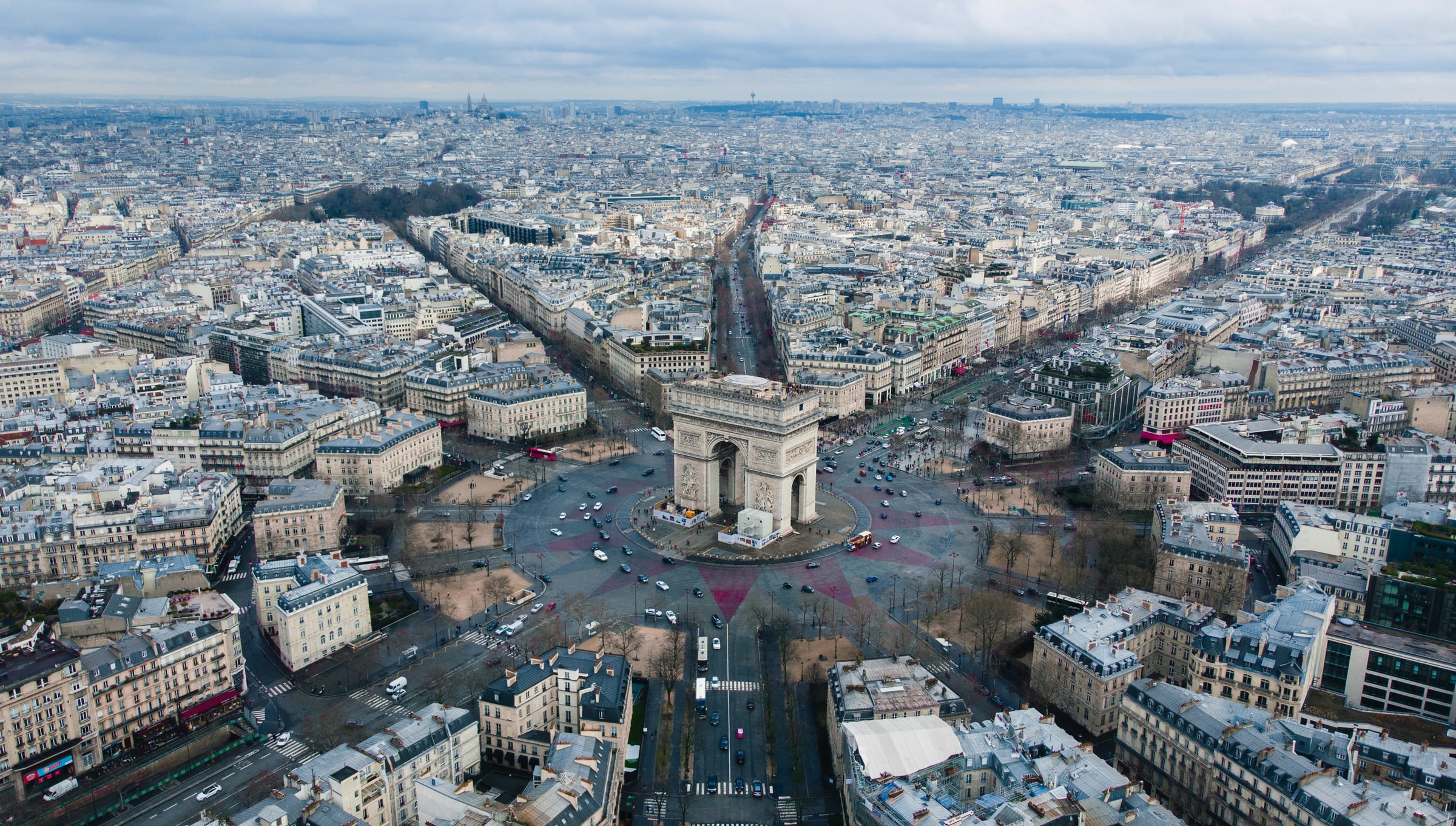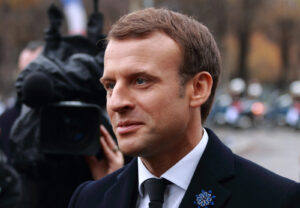In his new exploration of Emmanuel Macron in Macron Unveiled, Alain Lefebvre offers a refreshing and compelling breakdown of the young president’s approach to diplomacy and politics. The underlying premise of the book centres around the question of what makes a Macron a distinctly modern leader, a prototype for future generations. Answers to such questions have often assumed that leadership requires an invested understanding of the polity, the capacity to engage with them, and, most importantly, sufficient experience in that political realm. Aristotle himself declared that “the elder and perfect [is by nature more capable] than the younger and imperfect’. Macron is neither, yet he won the presidency.
Lefebvre guides the reader through an exploration of Macron’s political style and the multitude of ways in which his approach has the potential to inspire a younger generation of leaders. Interwoven in this analysis is an account of France’s political history and the political leaders who made France what it is today.
Macron’s political style is unique; an accomplished diplomat, Macron focuses on his relationships with other political leaders. He equally charms those who are in support of his policies and reforms, as well as those who may be in opposition. For example, in all his controversy, Donald Trump and Macron developed a ‘bromance’ relationship. Similarly, Macron has a relatively good relationship with Vladimir Putin. Without a doubt, Macron’s charm “seduces” these leaders, and yet he is by no means seduced by their own approaches to politics. He maintains a commitment to what he believes to be right, as Lefebvre writes: “Macron may have a dazzling smile, but he also has sharp teeth”. He may not be persuaded by leaders whose style is opposed to his, but he does appear to “shapeshift” depending on the circumstance, audience, and political issue. This shapeshifting, rightfully, raises in caution from supporters and opposition alike. This skill, as we come to see in Macron Unveiled, results in an innate determinism and commitment: “impossible is not one of Macron’s words”.
These skills – his charm, diplomacy, and determinism – undoubtedly aided Macron’s climb to the presidency. Nonetheless, he was, ultimately, lucky. Lefebvre explains that Macron needed to prove himself to the French. He did this by acting in a distinct manner to other, more traditional French politicians at the time and in history. Macron is a modern politician; this was most clearly seen in his campaigning. He prioritised an emphasis on him being “for” the people – he listened to their qualms and promised to relieve them. This, however, is another ambiguous area in Macron’s political style. He is steadfast against populism, yet he draws on populist divisions to gain the trust of his supporters. But politics today has become marred by ideological deadlocks and populist divisions are drawn on to entrench these stalemates, not, as Macron has used them, to engage in useful discussion. Lefebvre further explains that although luck was an integral part of Macron’s campaign success, his pragmatism is what makes him an exceptional leader.
Just as Macron uses his charm to win citizens and diplomats over, he is committed to a high degree of rationality in his decision-making. With a history in literature and philosophy, this approach is not entirely surprising. Macron pays close attention to arguments and suggestions made against him and will not rule them out simply because they are aligned with more conservative agendas. If a policy works, it works regardless of its founding ideologies. This too makes Macron a distinctly modern politician and, perhaps, shows the benefit of his youth. According to Lefebvre, this pragmatism, rooted in Nordic social-democratic approaches and adapted to be quintessentially French, is what makes Macron “uniquely inspiring”.
Lefebvre presents a balanced account of Macron’s presidency, one laden with controversy and crisis. Battling the domestic upheaval of the yellow vests, the Benalla scandal that challenged his reputation as an uncorrupted politician, and, more recently, the COVID-19 pandemic, Lefebvre shows us that inexperience and idealism are also an important part of Macron’s story as president. Despite these battles, his resilience has carried him through. Lefebvre writes that “the most important [crises] are the events that define a presidency, when decisions taken have a tangible impact on citizens. Those reveal the capacity to lead a country”. Indeed, Macron has faced more crises than any of his predecessors since 1969.
At first, Lefebvre may seem to overly sing the praises of Macron’s time in office; however, Lefebvre moves to acknowledge the ways in which Macron’s decision-making has been less than ideal, particularly with reference to his approach to the COVID-19 pandemic. Macron was slow to act, and Lefebvre acknowledges this. With the French presidential elections around the corner, the extent of these crises and the socio-economic impact of Macron’s management of the pandemic will be on full display.
Macron Unveiled is by no means a mere biography of Macron’s life thus far. Lefebvre engages with the moments punctuating Macron’s life with the utmost care in an analysis of how these events, Macron’s personality, and his unlikely rise to the presidency have all influenced his unique and welcome presidential style. Lefebvre presents the reader with a balanced account of Macron’s successes and blunders – surely thanks to Lefebvre’s background in diplomacy. What faces Macron now is the threat of populism – one that we ought to all be concerned over. If Macron is re-elected, the current political climate in France and around the world promises it will be a compelling second term. Macron Unveiled thus equips the reader with a valuable understanding of what future leaders have in store, not just in France, but for readers across the world.
We should all brace ourselves for a new generation of political leaders; Macron is just one such leader that inspires a prototypical modern diplomacy. Lefebvre presents this modernity in a refreshing and ever-important manner, making Macron Unveiled a book that is sure to be instructive and seminal for years to come.




